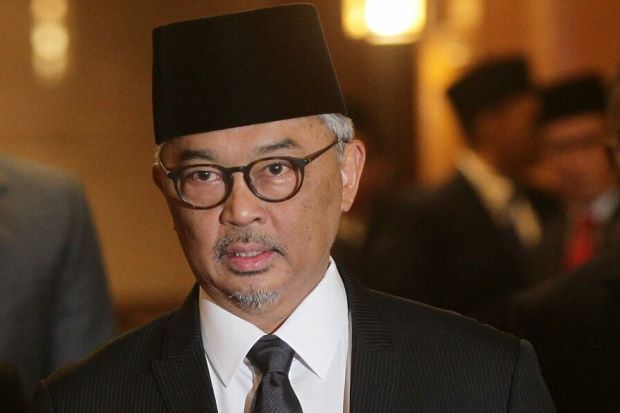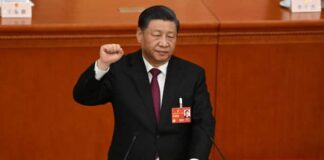KUALA LUMPUR, Sept 2 — Yang di-Pertuan Agong Al-Sultan Abdullah Ri’ayatuddin Al-Mustafa Billah Shah has told all parties to focus on the implementation of economic structural reforms and increase competitiveness to ensure a more inclusive, stronger and sustainable economic growth for Malaysia.
Comptroller of the Royal Household of Istana Negara, Major General Datuk Zahari Mohd Ariffin said Al-Sultan Abdullah and Raja Permaisuri Agong Tunku Azizah Aminah Maimunah Iskandariah have expressed hope that the national economy would continue to grow and prayed that the people would continue to be blessed with better sustenance.
“His Majesty has taken note of the state of Malaysia’s economy which is growing at a rate of 4.2 per cent in the first half of 2023 despite facing slower global economic and trade growth conditions.
“This development is supported by strong household spending following a stronger labour market and income, in addition to the implementation of new and existing investment projects,” Zahari said in a statement today.
His Majesty also noted that the unemployment rate was down to 3.4 per cent in June 2023 while overall and core inflation continued to decrease in the second quarter of this year, he said.
According to Zahari, Al-Sultan Abdullah also touched on the development of the Islamic financial sector which has contributed to the economic progress and socio-economic development of the country, and expressed gratitude for the development of the iTEKAD initiative in helping the vulnerable.
So far, iTEKAD, which has the support of 11 financial institutions and nearly 60 implementing partners, has benefited 3,000 low-income micro-entrepreneurs, especially the asnaf (tithe recipients) group.
Yesterday, the Yang di-Pertuan Agong consented to an audience with Bank Negara Malaysia Governor Datuk Abdul Rasheed Ghaffour and his deputy Datuk Jessica Chew Cheng Lian at Istana Negara for a briefing on current developments of the country’s economy.
Al-Sultan Abdullah also received a briefing regarding the stability of the ringgit, inflation, progress of the Islamic financial ecosystem, value-based intermediation and social finance programmes, in particular iTEKAD.
















